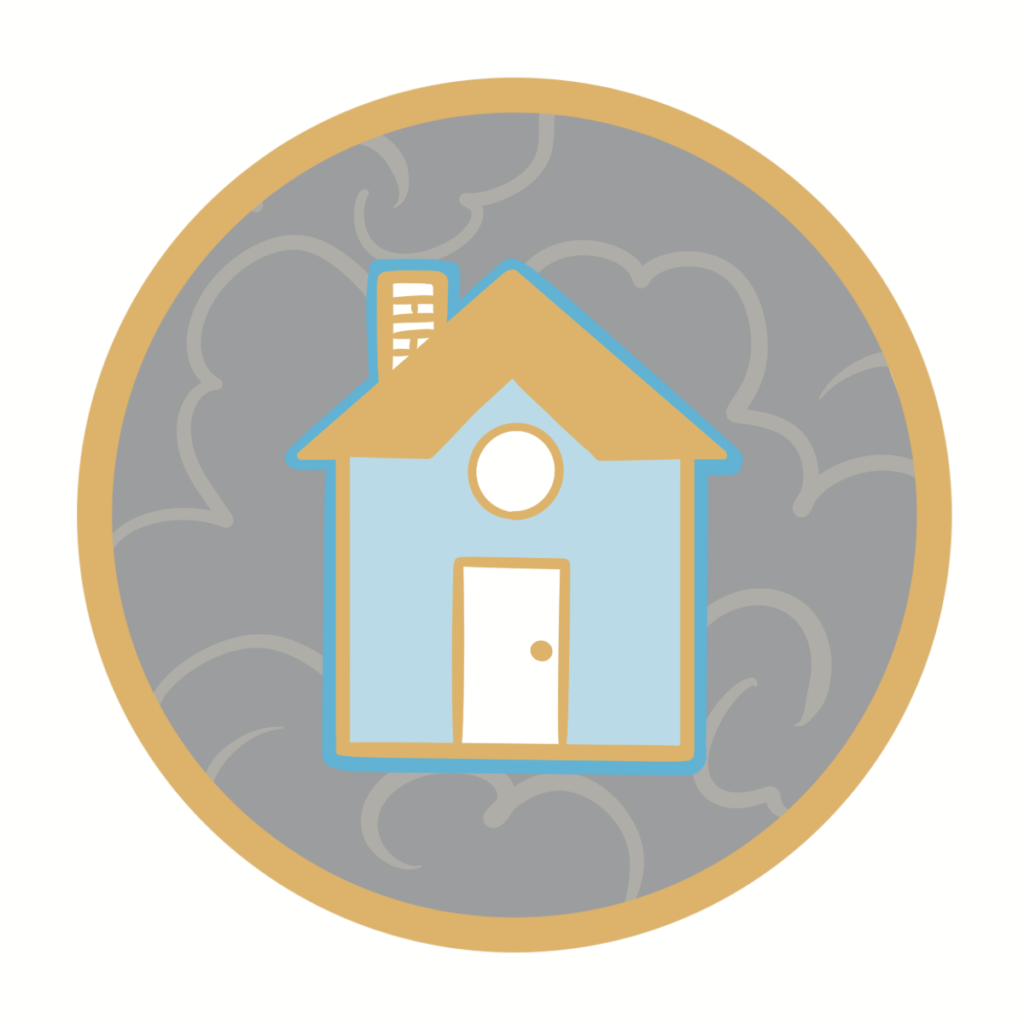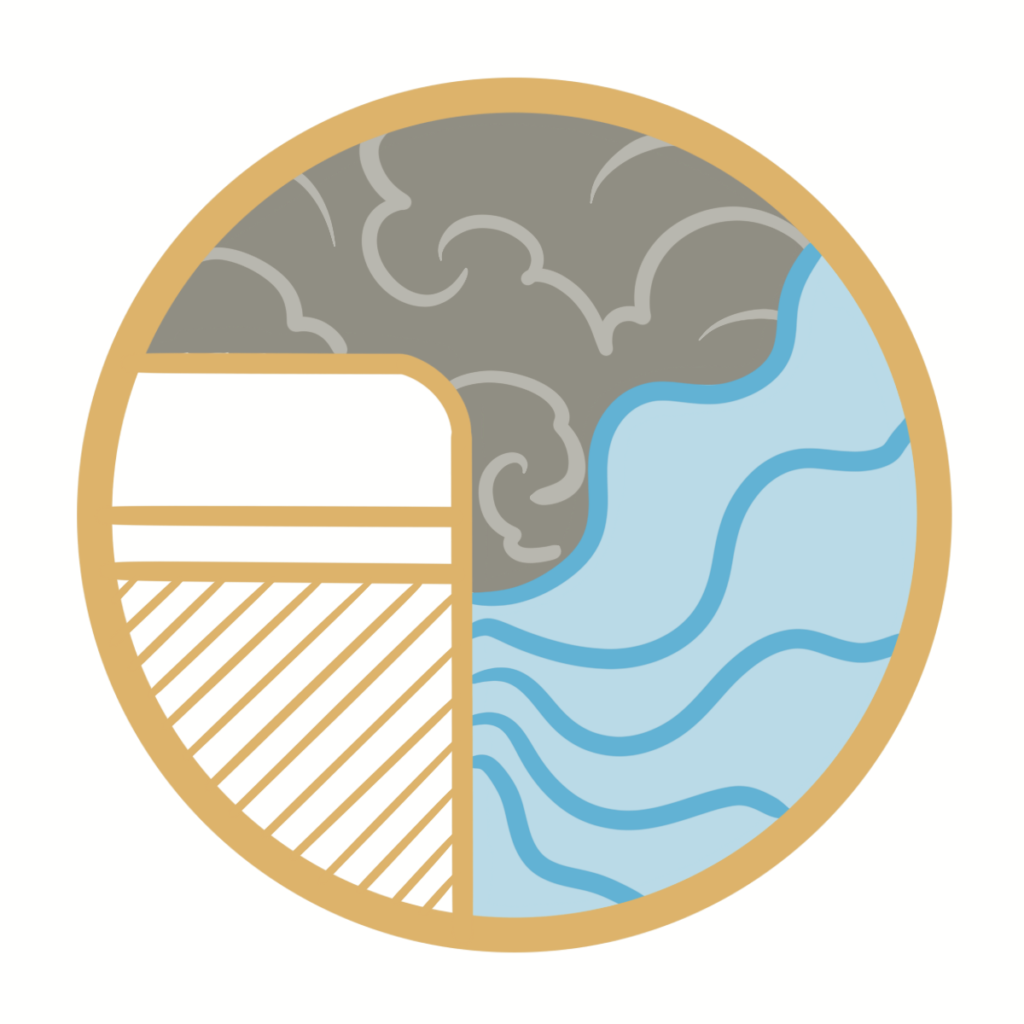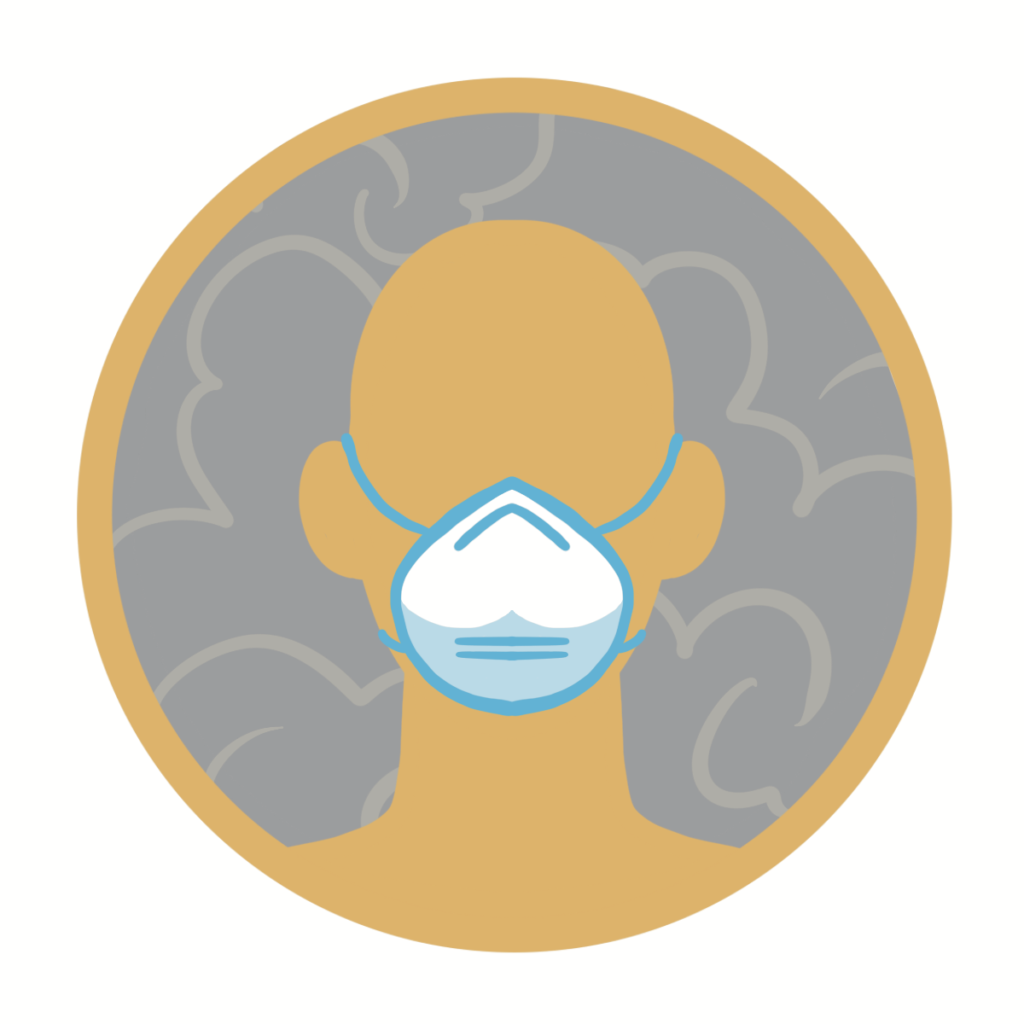Fire Pit Safety Tips
Stay safe around the campfire with tips from the Western Fire Chiefs Association. Learn essential precautions and practices for a worry-free outdoor campfire.
Wildfire smoke is harmful to your health. Learn how to keep wildfire smoke out of your house with guidance and expertise from the Western Fire Chiefs Association (WFCA).
Published:August 30, 2022
Edited:March 4, 2024
Wildfire smoke is harmful to your health. Learn how to keep wildfire smoke out of your house with guidance and expertise from the Western Fire Chiefs Association (WFCA).

Beyond physical damage, wildfire can also make the air unhealthy to breathe. In the event of a wildfire in your vicinity, it is likely you will be advised to stay indoors to avoid exposure to smoke. However, smoke can also enter the home and affect indoor air quality.
Wildfire smoke contains a complex mix of gases and fine particles, which, if inhaled, can cause and exacerbate health problems. The fine particles can be irritating to the eyes, throat, and nose, and aggravate existing health conditions, particularly heart and lung diseases.1
Wildfire smoke can travel thousands of miles, so it is important to know how to keep it out of your house, even if you live many miles away from active fires.

It may seem obvious, but the first thing you should always do is ensure smoke cannot enter through windows and doors. Once shut, try to stay inside where it is easier to control the air quality. If it is too hot to stay inside without opening windows, consider seeking alternative shelter.
A portable air cleaner can help reduce indoor air pollution by filtering fine particles from the air. Check that your portable air cleaner is appropriately sized for the room. It is also important to choose one that does not create ozone while running.

Check your heating, ventilation, and air conditioning (HVAC) system to understand how it can be adjusted to help keep smoke out. Upgrading to a filter rated MERV 13 or above is an effective way to remove fine particle pollution during smoky periods.2

Surgical masks or cloth face coverings provide little protection from particulate matter. According to the FDA, N95 respirator masks are designed to achieve a very efficient filtration of airborne particles.3 N95 respirators are labeled for ‘single-use’ so ensure you have a sufficient supply for the whole family.
Evaporative coolers, otherwise known as ‘swamp coolers’, pull air from the outdoors into the home, which increases the amount of smoke indoors. If you have no other way of cooling your home, it may be time to consider evacuating.
Things like frying and broiling food, vacuuming, smoking cigarettes, and using aerosols all create additional particulate matter, which worsens air quality.
Smoky days are a valid excuse to skip your workout. Strenuous physical activity increases the amount of air being inhaled – something to keep in check when the air quality is poor.
Take the opportunity to air out your home once the smoke clears and the air quality improves. Open up the windows and doors, or switch on the fresh air intake on your HVAC system to let the clean air ventilate your home.
Stay safe around the campfire with tips from the Western Fire Chiefs Association. Learn essential precautions and practices for a worry-free outdoor campfire.
Discover essential firework safety tips to ensure a dazzling display without accidents. Learn how to celebrate responsibly with expert guidance from WFCA.
Explore the role of AI in wildfire prediction with guidance from the WFCA. Learn how advanced algorithms and data analytics enhance early detection and response.